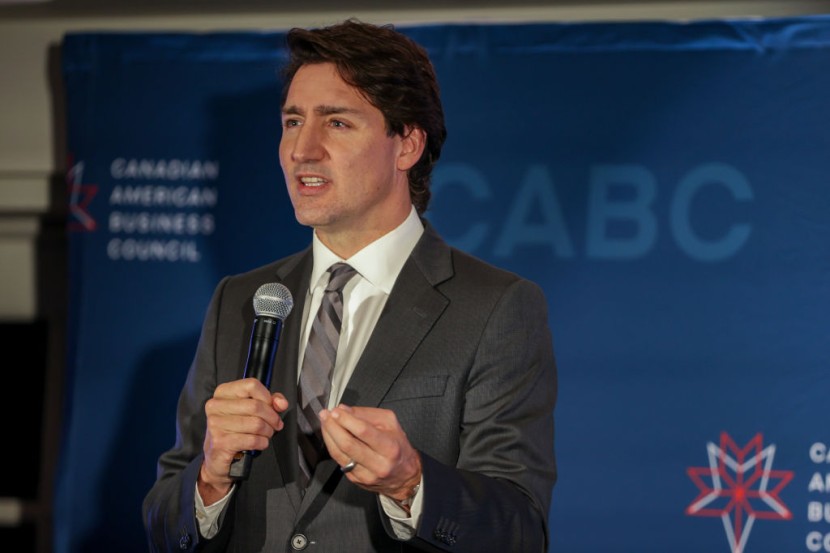
Canadian authorities have reached agreements-in-principle to pledge $31.5 billion as compensation for Indigenous children who were discriminated against and put into the welfare system.
The federal government announced the news after Indigenous advocates spent years fighting for justice and reform related to the controversy. On Tuesday, Canadian authorities released a statement which stated that roughly $15.75 billion of the total funding would be distributed to First Nations children who were forcibly removed from their homes and those who did not receive or faced delays in accessing services.
Massive Compensation
The other half of the massive fund will be set aside for long-term reform of the First Nations Child and Family Services program, which includes funding for young adults aging out of the child welfare system. In a statement, Canada's Minister of Indigenous Services Patty Hajdu said that, for too long, the Canadian government did not adequately fund or support the wellness of First Nations families and children, Aljazeera reported.
Hajdu added that First Nations children thrive when they are able to stay with their family and loved ones, in their communities, while being surrounded by their culture. They said that there was no amount of compensation that could make up for the trauma that victims have experienced in the past, but they noted that the agreement-in-principle acknowledged survivors and their families and the harm and pain done to them.
Later on, the government and Indigenous advocates will settle the final details of the agreement for the next few months. Once a final agreement has been detailed, it will be submitted to a federal court and human rights tribunal for approval.
For nearly 15 years, the dispute has been debated over and includes a human rights complaint and several class-action lawsuits against several federal governments. Canadian Prime Minister Justin Trudeau, who was elected in 2015 and pledged to establish reconciliation with Indigenous people at the core of his agenda, has received criticism for his handling of the issue, The Washington Post reported.
Indigenous Children
During a news conference in Ottawa, Canada's Crown-Indigenous relations minister, Marc Miller, said that, while the recent settlement is the largest in the history of the country, historic injustices required historic reparations. The Manitoba regional chief for the Assembly of First Nations, Cindy Woodhouse, said that the agreements-in-principle was a "long time coming."
She told reporters that First Nations from across Canada have had to struggle to this day to provide redress for monumental wrongs against their people and their children. Woodhouse added that the wrongs were fueled by an inherently biased system.
The dispute began in 2007 when several Indigenous advocacy groups claimed in a human rights complaint that the federal government's "inequitable and insufficient" funding of child welfare services on First Nations reserves was discriminatory. The Canadian Human Rights Tribunal, in 2016, agreed with the advocates, saying the federal government's funding formula was based on "flawed assumptions about children in care." They said that the situation resulted in a system that incentivized the removal of First Nations children from their homes and their cultures, the New York Times reported.
Related Article: Illinois Rep. Bobby Rush Says He Won't Seek Reelection as Congressman After 15 Terms in Office








